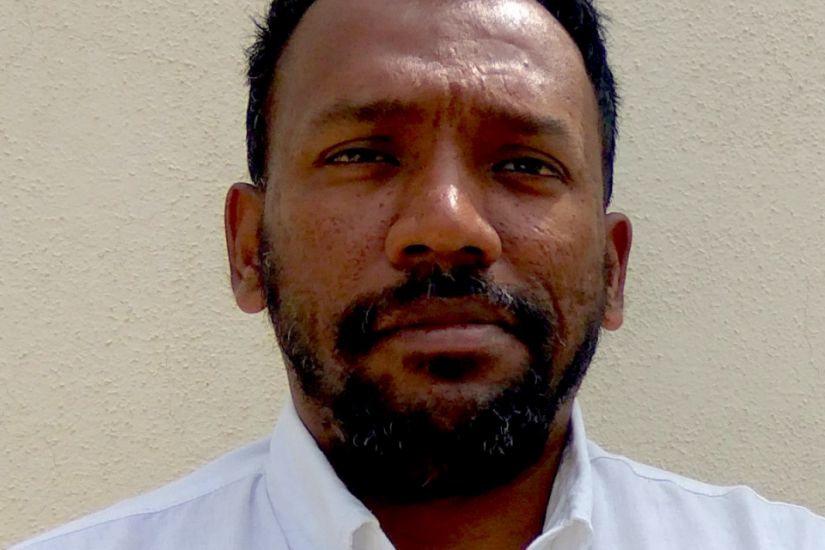
Abstract: Do fiscal reforms have a causal and lasting impact on trust in public institutions? Does trust in public institutions and fiscal capacity co-evolve? Can this co-evolution generate a path dependence that promotes compliance with tax regulations long after the initial reforms? To evaluate these questions, we examine the effect of historical Habsburg imperial rule on current levels of public trust and propensity to avoid income taxation. We trace the history of (at times radical) fiscal reforms by the 18th century Habsburg rulers. These reforms broadened the tax base by establishing land registries (via cadastral surveys) while expanding access to and provision of public goods. A simple model highlights the role of salient public goods in the evolution and transmission of trust and tax compliance norms. The model motivates our empirical analysis, for which the historical Habsburg rule in contemporary Northern Italy serves as a natural experiment. We conducted online surveys in sister-cities on either side of the long-gone Habsburg border for causal identification. Our within-country design allows us to hold the formal institutions (e.g., enforcement) constant while exploiting the variation in social norms arising from historical differences. To gauge individual propensity to avoid income taxation, we introduce a novel incentivized behavioral choice in the survey -- signing up for pre-paid expert tax consultation vs. receiving an Amazon gift card -- that elicits revealed preference for tax compliance. We demonstrate that higher levels of historically determined public trust positively affect compliance behavior.